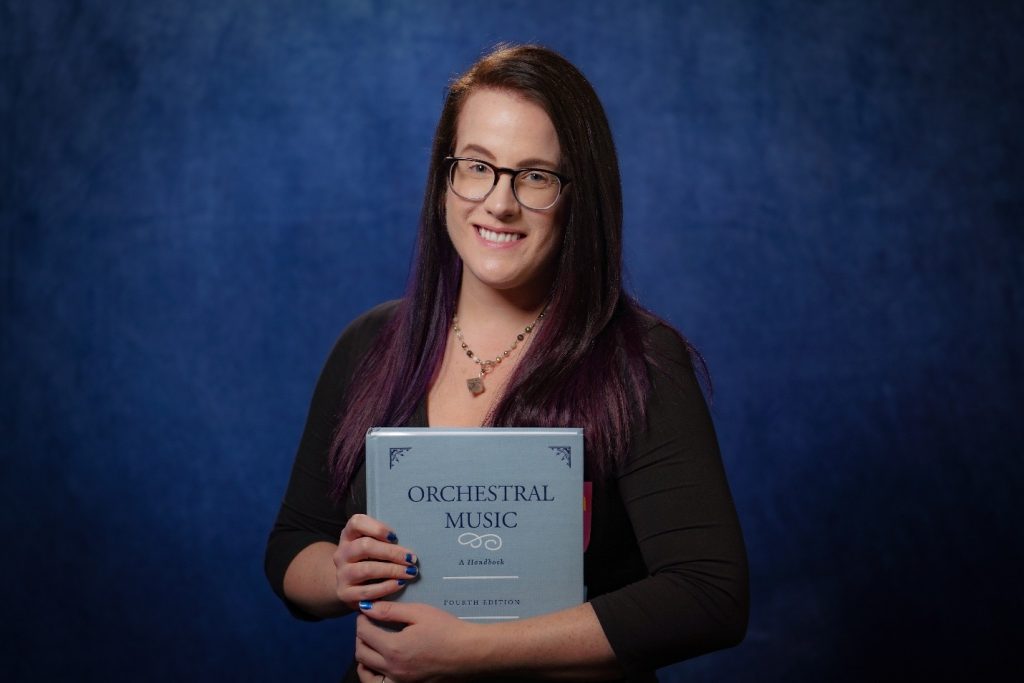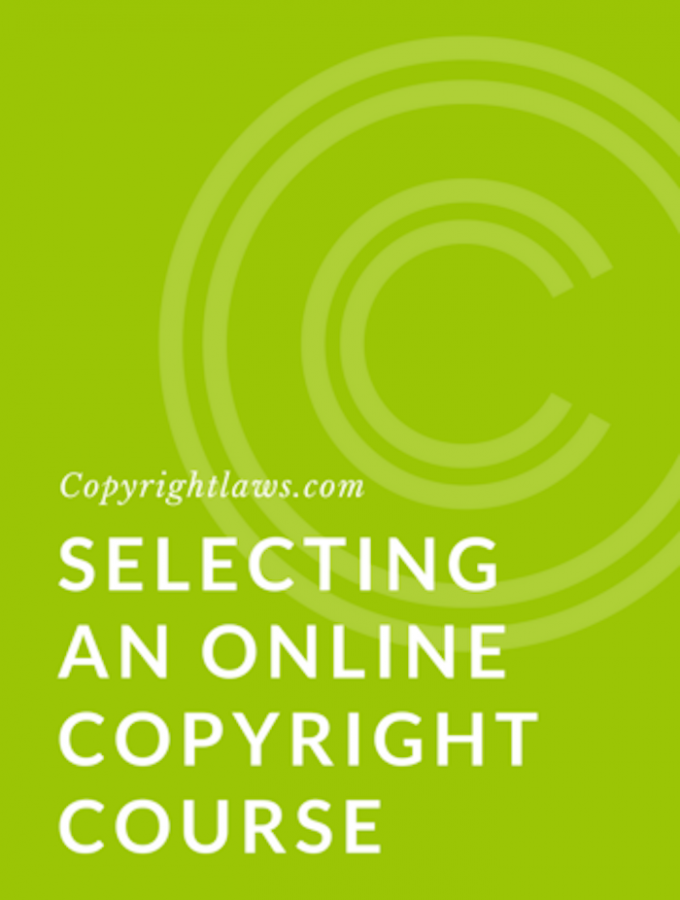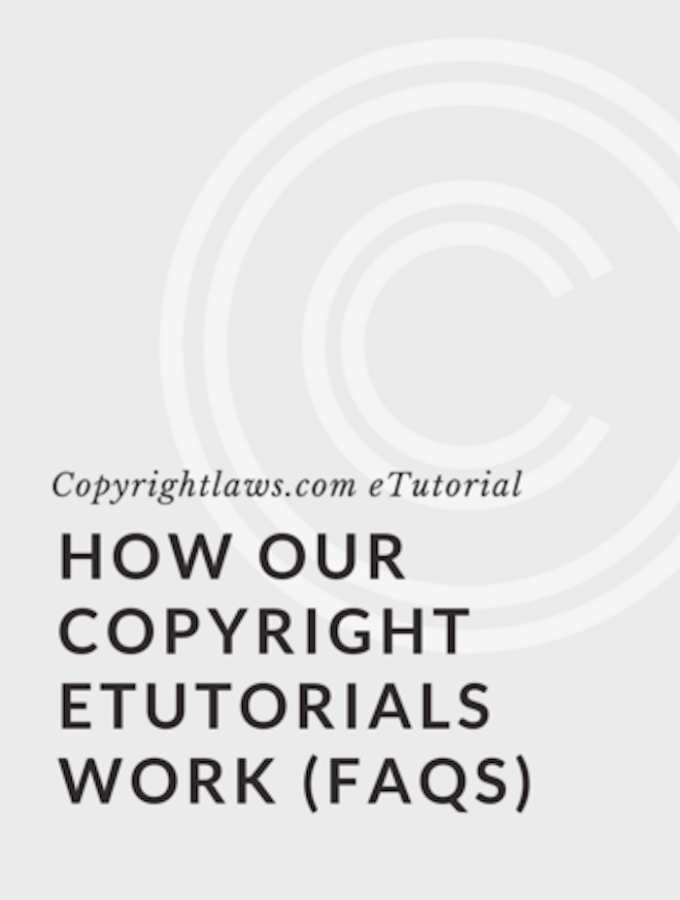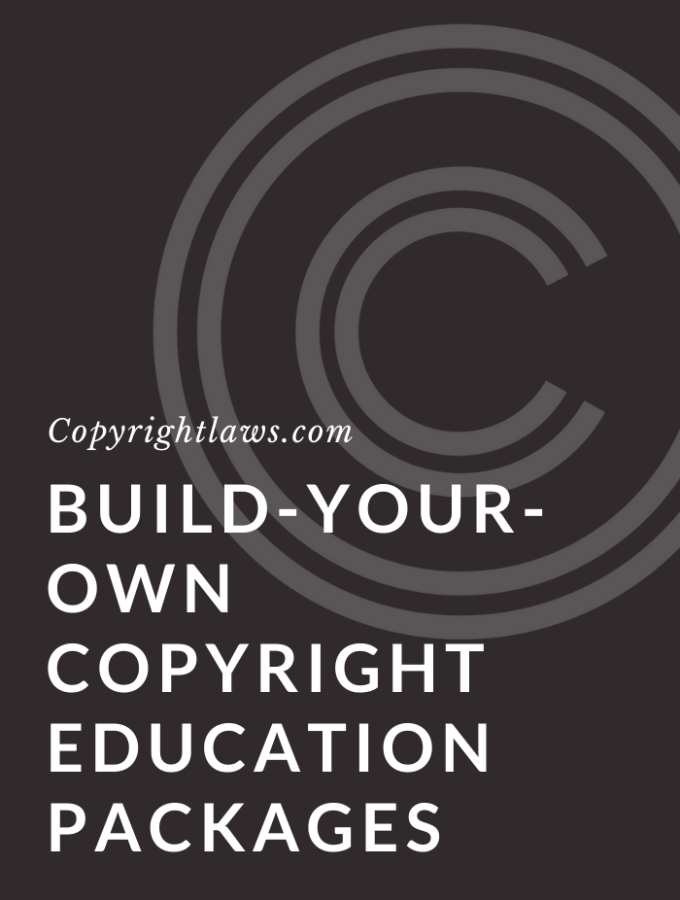
This month we have a special treat for our readers! Our Spring 2025 Copyright Specialist in Residence, Alizabeth Nowland, has generously agreed to write the blog post below. Sharing her vast knowledge in music copyright and licensing, Alizabeth decided to take a look at this topic through the timely lens of artificial intelligence. Enjoy! (Photo Credit: and © Chris Boyes, University of Michigan)
The Collision of Creativity and Code: AI Concerns in Music and the Arts
Composers are wrestling with what it means to create music in a digital-first, AI-powered world. One of the most pressing ethical and legal challenges today involves the use of artificial intelligence to create musical compositions. AI models can now analyze thousands of songs to create new compositions that mimic the style of specific artists or genres. But who owns an AI-generated song? The developer? The user? No one? Everyone?
AI-generated tracks can raise ethical concerns, especially when they replicate the vocal style or musical identity of real artists without consent. In a famous example AI-generated tracks imitating Drake or The Weeknd went viral before being pulled due to copyright concerns. These songs didn’t just raise legal flags — they triggered debates encompassing artistic identity, digital impersonation, and consent.
In response, organizations like the Recording Industry Association of America (RIAA) are now lobbying for clearer legislation. Several lawsuits and policy proposals are pushing for AI accountability, including requirements that generative tools disclose training data and obtain artist consent.
Artificial intelligence is clearly no longer confined to the realm of science fiction — it is actively shaping the present and future of music, visual arts, writing, and performance. Whether it's AI-generated symphonies, portraits painted by algorithms, or chatbots composing poetry, the creative potential of machine learning tools seems boundless. But this new frontier comes with deep and pressing concerns. As artists, educators, attorneys, policymakers, and tech developers navigate these uncharted waters, it’s critical to understand what’s at stake.
Authorship and Ownership: Who’s the Creator?
One of the thorniest legal and philosophical questions posed by AI centers on ownership. Who owns what artificial intelligence models create?
In the United States, copyright law requires human authorship to be eligible for copyright protection. This means purely AI-generated works — music composed entirely by a model, or a digital painting produced without human intervention — cannot be copyrighted. However, when a human uses an AI tool with significant creative input (like curating outputs, editing, or writing prompts), the situation becomes murkier.
Copyright Infringement in Training Datasets
Generative AI models are trained on massive datasets — often scraped from the internet — that include copyrighted images, texts, and music. Artists and musicians are increasingly concerned that their work has been absorbed into these datasets without permission, credit, or compensation.
Several lawsuits have been filed against companies like OpenAI, Meta, and Stability AI for allegedly infringing copyrighted material during training. These cases raise key questions:
- Does training an AI model on copyrighted works constitute fair use?
- Is the AI’s output derivative or transformative?
- Should artists be compensated if their work is used to teach machines?
These court cases demonstrate the continuous conflict in the music industry between copyright protection and AI advancement. AI technologies raise worries about the unapproved use of artists' works even as they provide new creative possibilities. The verdicts in these cases may establish significant guidelines for the use of copyrighted content in AI training as well as for creators' rights in the digital era.
Style Mimicry and the Ethics of Simulation
Many AI tools can generate work in the "style" of a specific artist—living or dead. This might mean producing a song in the voice of a famous pop star, generating paintings that evoke Van Gogh, or writing a poem that sounds like Emily Dickinson. This practice raises red flags around moral rights. Should a machine be allowed to copy an artist’s voice, genre, or signature sound?
The arts are already changing as a result of AI, both positively and negatively. The question is not whether or if we employ AI in creative work, but rather how to do it in a transparent, equitable, and responsible manner. Society must choose how to safeguard artistic labor, respect originality, and guarantee that the arts continue to be a realm of human connection rather than merely computational efficiency as the boundaries between human and machine innovation become increasingly hazy.
Thank you, Alizabeth, for that informative post. If you’re interested in all things copyright and AI, I’ll be sharing the latest quarterly Copyright and AI update right here in the next few weeks.



